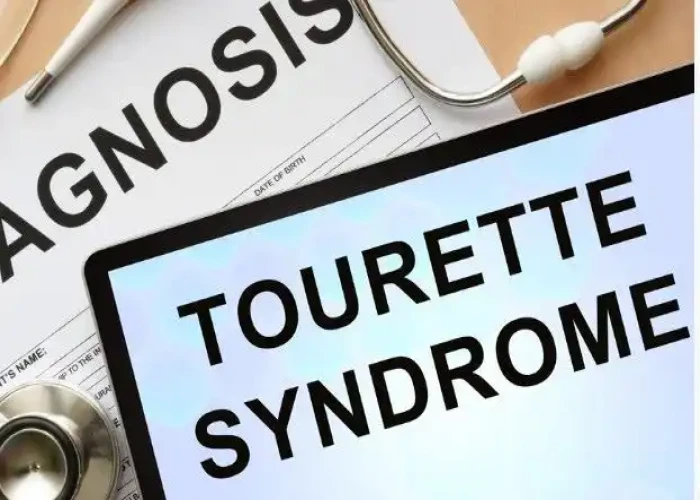 Welcome
Welcome
“May all be happy, may all be healed, may all be at peace and may no one ever suffer."
Tourette syndrome
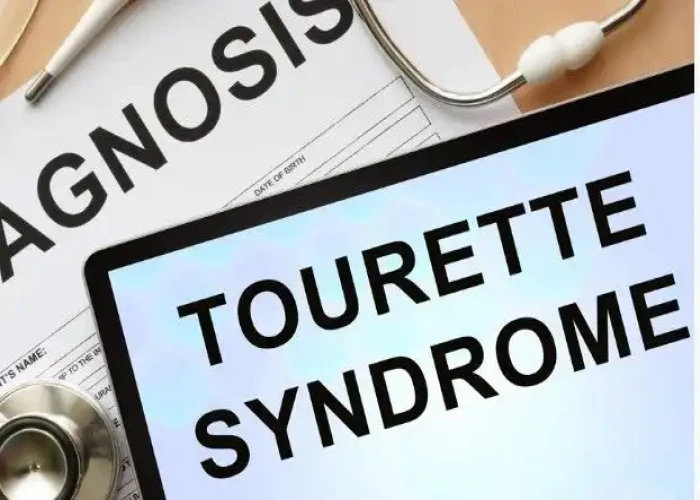
Tourette syndrome (TS) is a neurological disorder that is characterized by repetitive, involuntary movements and vocalizations called tics. Tics typically begin in childhood, and may vary in frequency, duration, and intensity over time. Tics can be simple or complex, and can involve movements or sounds.
The cause of TS is not fully understood, but it is thought to be related to abnormalities in the brain's neurotransmitter systems. In some cases, there may be a genetic component to the disorder.
In addition to tics, people with TS may also have other co-occurring conditions such as obsessive-compulsive disorder (OCD), attention-deficit/hyperactivity disorder (ADHD), and anxiety or depression.
There is no cure for TS, but the symptoms can be managed with a variety of treatments, including medication and behavioral therapy. Medications such as dopamine blockers or alpha agonists can be used to reduce the frequency and severity of tics. Behavioral therapy, such as cognitive-behavioral therapy (CBT) and habit reversal training (HRT), can help people with TS to better manage their tics and improve their quality of life.
It is important for people with TS to work closely with their healthcare provider to find the most effective treatment approach for their individual needs. Support from family, friends, and community resources can also be helpful for managing the challenges of living with TS.
Research Papers
Disease Signs and Symptoms
- Repetitive compulsive behavior, such as tapping, clapping or smacking lips
- Repetitive act
Disease Causes
Tourette syndrome
The exact cause of Tourette syndrome isn't known. It's a complex disorder likely caused by a combination of inherited (genetic) and environmental factors. Chemicals in the brain that transmit nerve impulses (neurotransmitters), including dopamine and serotonin, might play a role.
Disease Prevents
Disease Treatments
There's no cure for Tourette syndrome. Treatment is aimed at controlling tics that interfere with everyday activities and functioning. When tics aren't severe, treatment might not be necessary.
Medication
Medications to help control tics or reduce symptoms of related conditions include:
- Medications that block or lessen dopamine. Fluphenazine, haloperidol (Haldol), risperidone (Risperdal) and pimozide (Orap) can help control tics. Possible side effects include weight gain and involuntary repetitive movements. Tetrabenazine (Xenazine) might be recommended, although it may cause severe depression.
- Botulinum (Botox) injections. An injection into the affected muscle might help relieve a simple or vocal tic.
- ADHD medications. Stimulants such as methylphenidate (Metadate CD, Ritalin LA, others) and medications containing dextroamphetamine (Adderall XR, Dexedrine, others) can help increase attention and concentration. However, for some people with Tourette syndrome, medications for ADHD can exacerbate tics.
- Central adrenergic inhibitors. Medications such as clonidine (Catapres, Kapvay) and guanfacine (Intuniv) — typically prescribed for high blood pressure — might help control behavioral symptoms such as impulse control problems and rage attacks. Side effects may include sleepiness.
- Antidepressants. Fluoxetine (Prozac, Sarafem, others) might help control symptoms of sadness, anxiety and OCD.
- Antiseizure medications. Recent studies suggest that some people with Tourette syndrome respond to topiramate (Topamax), which is used to treat epilepsy.
Therapy
- Behavior therapy. Cognitive Behavioral Interventions for Tics, including habit-reversal training, can help you monitor tics, identify premonitory urges and learn to voluntarily move in a way that's incompatible with the tic.
- Psychotherapy. In addition to helping you cope with Tourette syndrome, psychotherapy can help with accompanying problems, such as ADHD, obsessions, depression or anxiety.
- Deep brain stimulation (DBS). For severe tics that don't respond to other treatment, DBS might help. DBS involves implanting a battery-operated medical device in the brain to deliver electrical stimulation to targeted areas that control movement. However, this treatment is still in the early research stages and needs more research to determine if it's a safe and effective treatment for Tourette syndrome.
Disease Diagnoses
Disease Allopathic Generics
Disease Ayurvedic Generics
Disease Homeopathic Generics
Disease yoga
Tourette syndrome and Learn More about Diseases
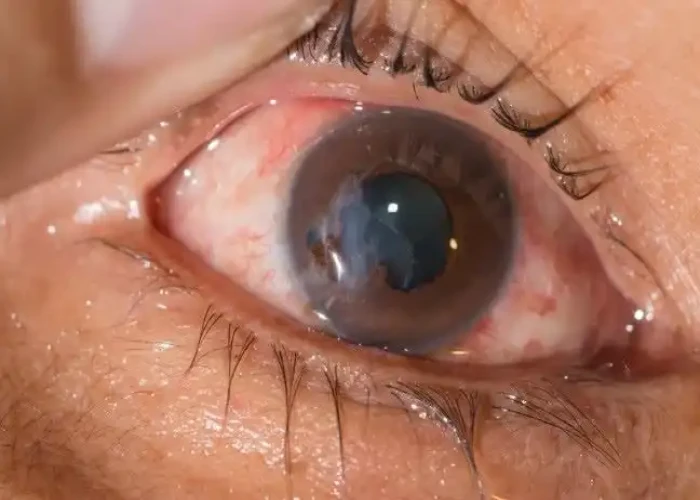
Traumtic eye
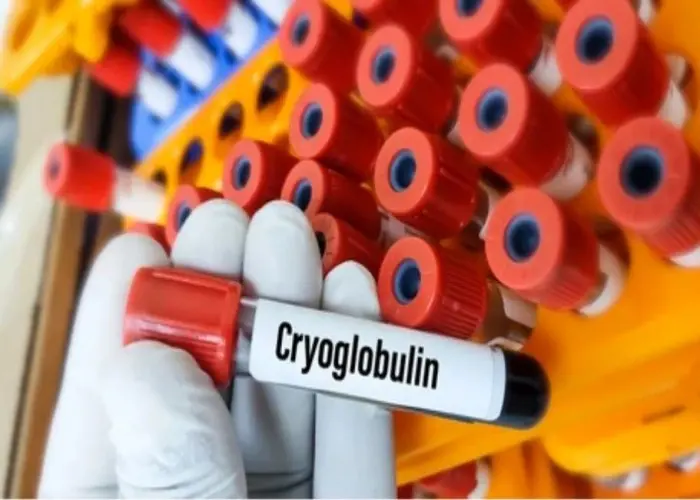
Cryoglobulinemia

Chronic fatigue syndrome

Mental illness
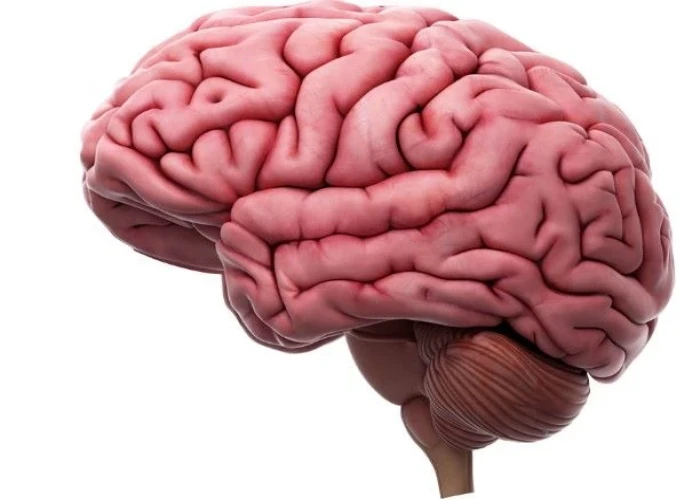
Posterior cortical atrophy
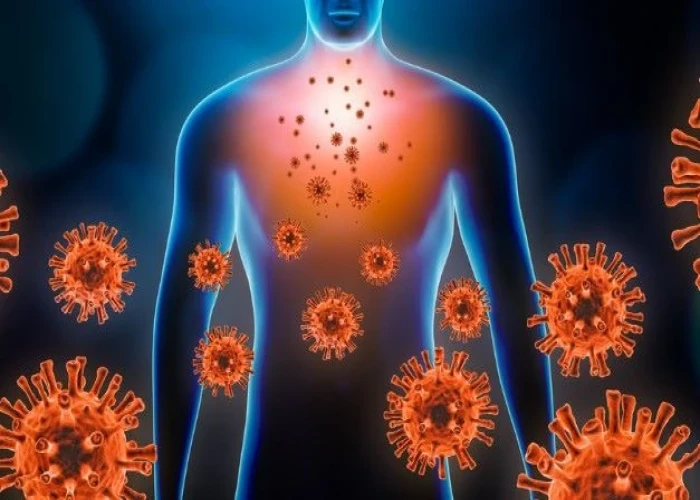
Pneumonitis
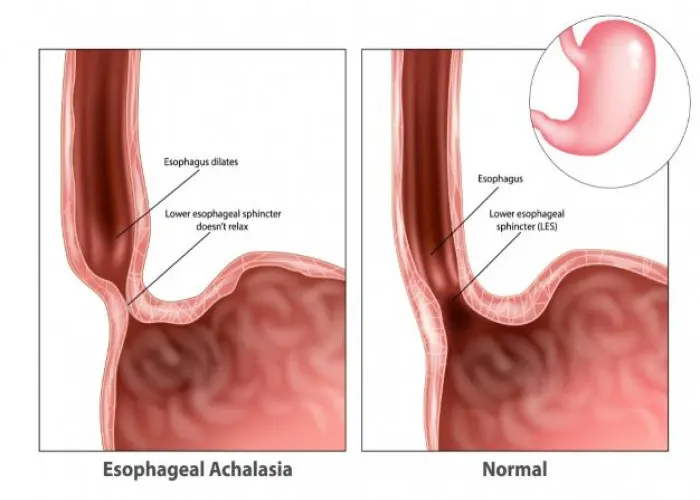
Achalasia
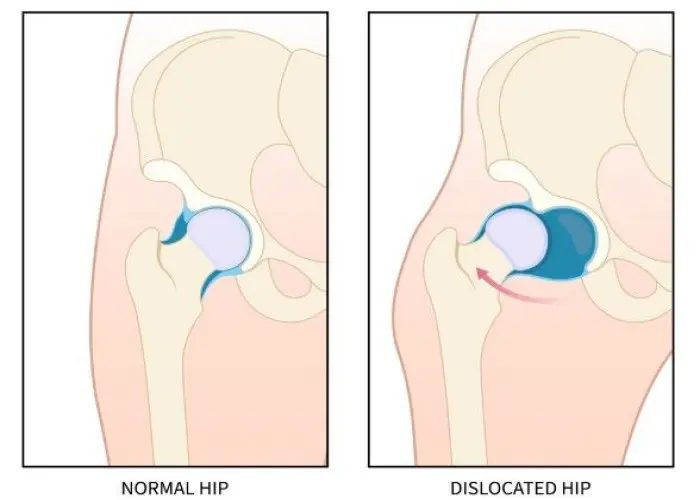
Hip impingement
tourette syndrome, টোউরেটি সিন্ড্রোম
To be happy, beautiful, healthy, wealthy, hale and long-lived stay with DM3S.
